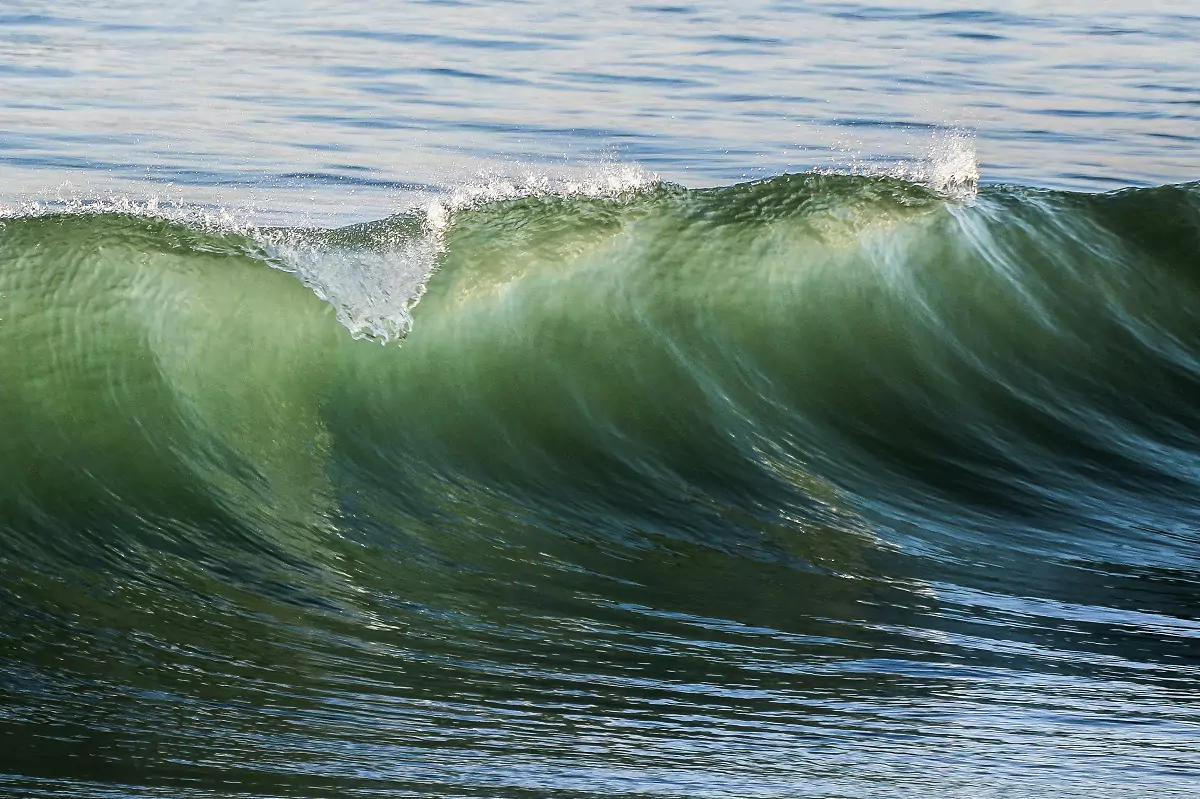Vast tracts of the world’s oceans are changing colour, and climate change and even microplastics could be to blame.
A study into the “Global climate-change trends detected in indicators of ocean ecology”, published in the journal Nature earlier this month, looked back at some 20 years of data and images collected by Nasa’s Modis-Aqua satellite to track the changing colour patterns in the world’s oceans.
The information gleaned suggests that the deep blue of our ocean’s is becoming progressively greener – even redder in some places – due to the impacts that climate change is having on phytoplankton populations.
In all, the study led by B. B. Cael of the National Oceanography Centre in Southampton, UK observed that these changes can be detected in 56% of the oceans – more than all landmass on Earth – but it’s a phenomenon particularly prevalent in the tropics, close to the equator.
“These are not ultra, massive ecosystem-destroying changes, they may be subtle,” says Cael, “but this gives us an additional piece of evidence that human activity is likely affecting large parts of the global biosphere in a way that we haven’t been able to understand.”
The colour changes are largely explained by the different ways in which different types of plankton filter light. As one population grows and expands, its presence affects the appearance of the water’s colour. The same goes for a reduction in their number.
But there are other potential contributors; one being the increasing volume of microplastics debris in the oceans, which could also be impacting light refraction.
Nasa will launch a highly specialised satellite mission next year – the Pace (plankton, aerosol, cloud, ocean ecosystem) – to measure the trends of hundreds of colours, rather than the current few that Cael and his team had to work wit, and thus providing scientists with even more data to consider when studying the drivers behind ocean colour change.
“Climate change is causing alterations in marine ecosystems, and is expected to increasingly cause such changes in the future,” reads the study, which can be found here. “The reason we care about this is not because we care about the colour, but because the colour is a reflection of the changes in the state of the ecosystem.”
Make sure you’re never left out of the conversation.
Sign up for the Monaco Life newsletter, and follow us on Facebook, Twitter, Instagram and LinkedIn.
Photo source: Dan Grinwis, Unsplash
